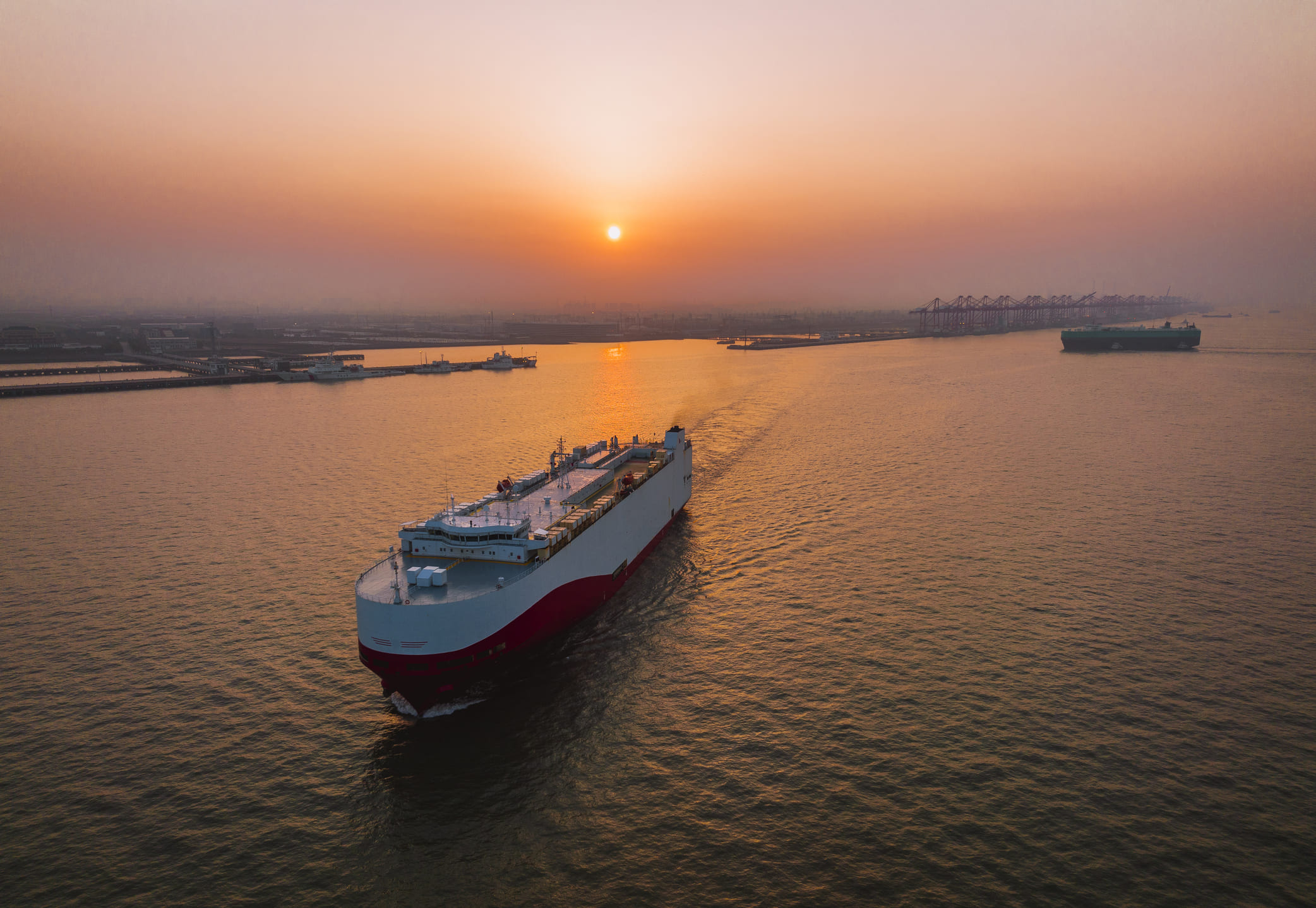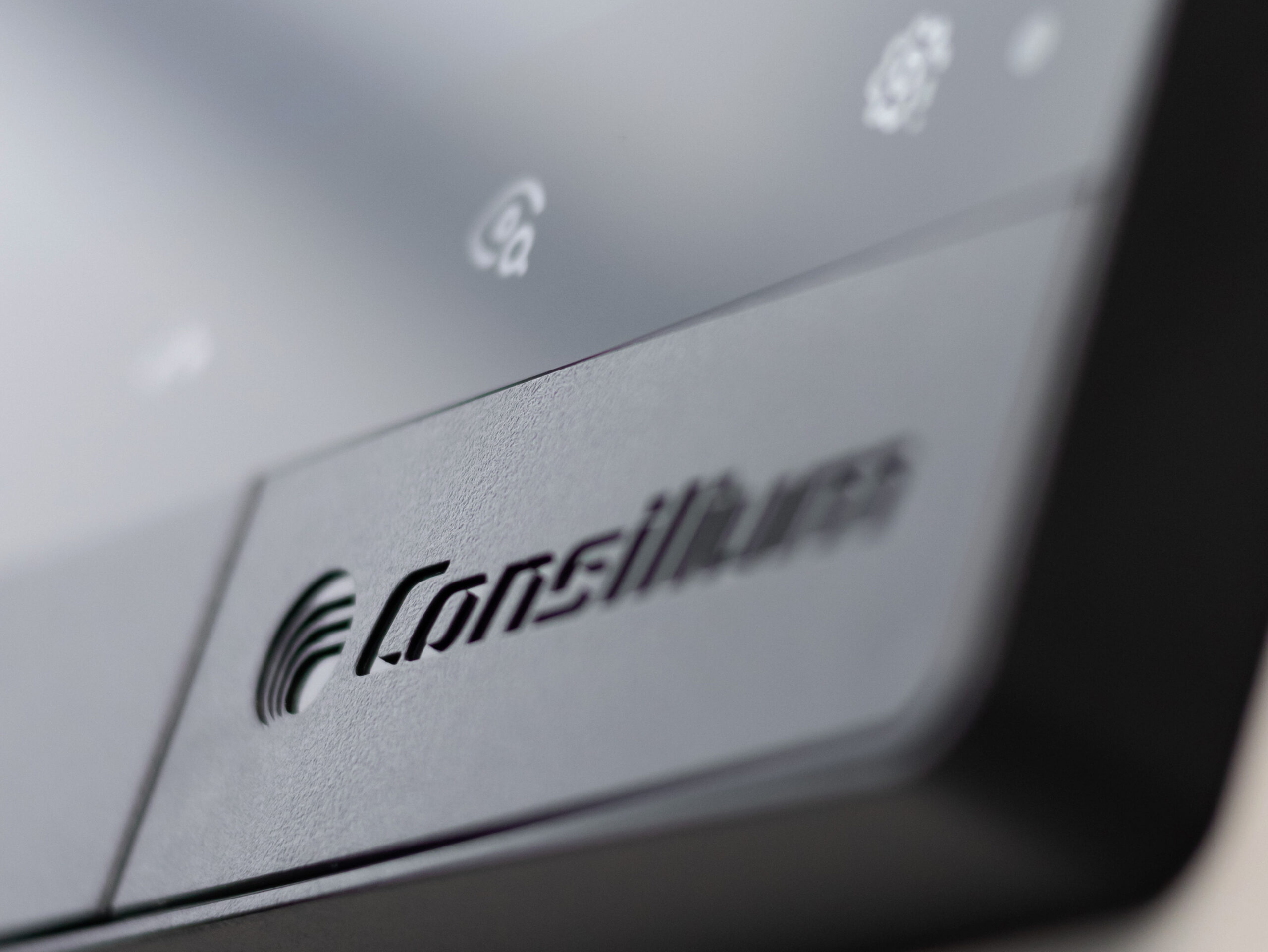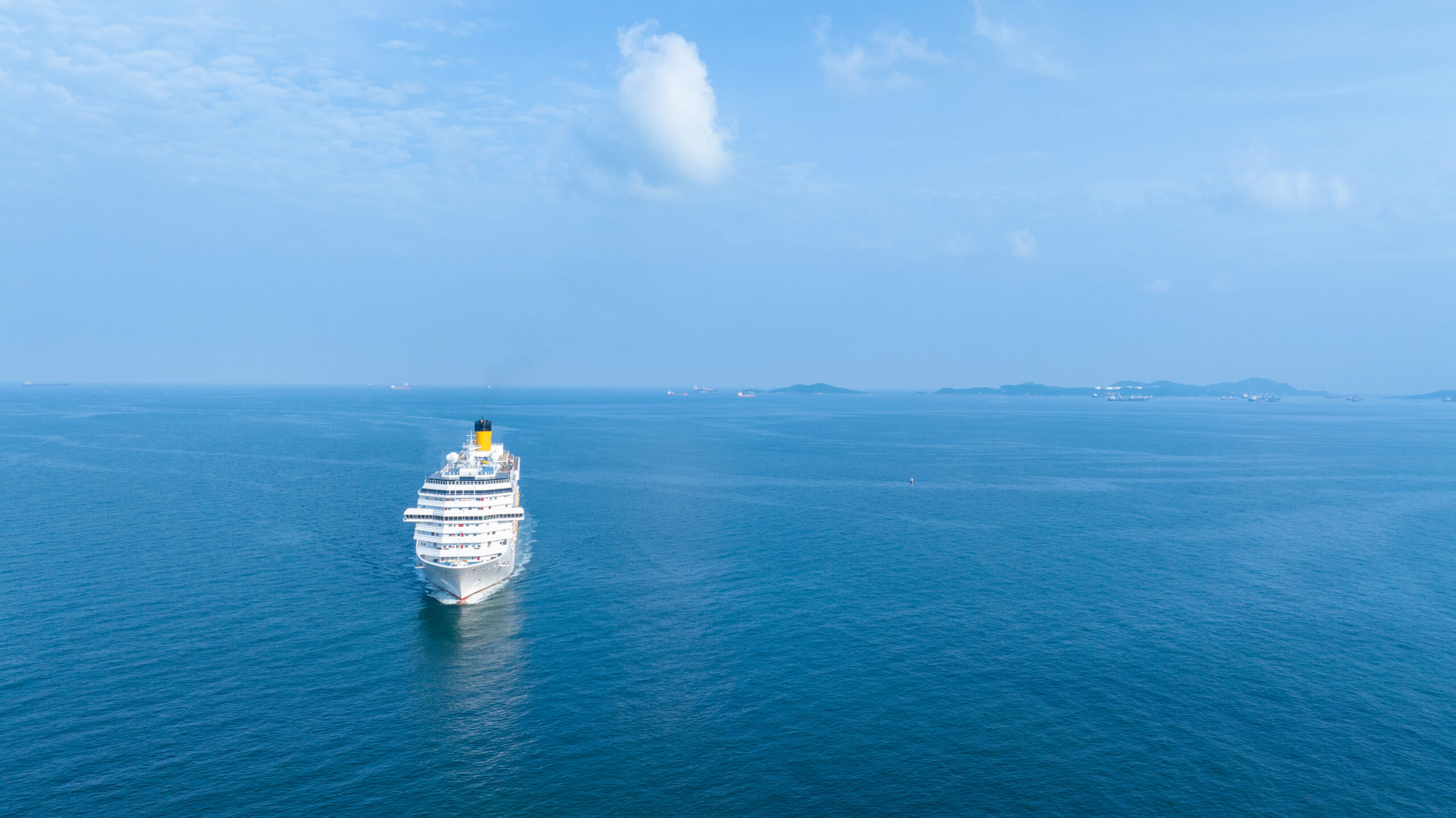In light of safety challenges on RoRo ships, Consilium’s solution Early Detection emerges as a new approach to fire safety with significant potential to improve marine safety.
“The benefit of Early Detection is to find and solve an issue before it becomes a serious problem. We can minimise disruptions by responding to threats quickly and effectively, without the need for broad evacuations,” says Isak Nordberg, Head of product line Software and Services at Consilium Safety Group.
Vehicle carriers are known as RoRo´s which stands for roll-on/roll-off – how the cargo is loaded and unloaded. These ships, with their densely packed cargo and large holds, are particularly vulnerable to fire, which can be difficult to control and spreads quickly.
A case in point is an incident in March 2022. When a fire off the coast of the Netherlands resulted in the loss of the ship and its cargo of around 4,000 vehicles. The large size of RoRo ships and the large open deck design complicates fire-fighting efforts and increases the risk of casualties.
Challenges in managing EV battery fires
One of the most common reasons for fires on ships is vehicles themselves. The large number of plastics and rubber materials in vehicles fuels the flames, creating heavy smoke and spreading the fire to surrounding cargo.
Additionally, the increasing transportation of electric vehicles and their lithium-ion batteries creates a new level of risk.
“Developing safety measures for electric vehicles has been particularly urgent, Nordberg explains.
Studies show that electric vehicles carry a fire risk comparable to vehicles with combustion engines. However, when an electric vehicle catches fire, the firefighting and management will require a new set of knowledge and understanding.
If the batteries overheat or are mechanically damaged, they can experience ‘thermal runaway’ – a rapid and uncontrollable increase in temperature that can lead to fires in electric vehicles. These fires are difficult to extinguish and can reignite spontaneously.
“On roads, firefighters clear the area around burning vehicles, flooding the underside with water. While on ships, reaching the fire is difficult. The space is narrow, which increases the risk of being trapped,” Isak Nordberg explains.
Prevention is better than cure
To address these challenges, Consilium Safety Group has developed Early Detection, a software service that can be seamlessly integrated with fire and gas detection systems to improve early fire detection or even prediction on ships, better monitoring and protecting cargo on board.
Today’s approach is ´detection` to “first response”, followed by ´clearance` and in the worst case, evacuation. The difference and key benefit of Early Detection is that an alarm is raised before there is actual damage or a fire situation on board.
Rather than reacting to immediate threats, Early Detection proactively alerts users with messages before a situation escalates. It provides a time window that can mean the difference between safety and disaster.
With Early Detection, you get up to four extra minutes before the actual alarm is triggered and you will have a possibility to solve the issue before it becomes a problem.
”Heat detectors on ships activate upon measuring the heat at that specific point, which means that the fire needs to have progressed significantly for these systems to trigger the regulated alarm levels. By using large amount of data and machine learning we can adjust the sensitivity of heat detectors to trigger at lower temperatures, we enhance their responsiveness. This adjustment provides crucial additional minutes”, says Nordberg.
“With these extra minutes, you can, for example, cover a vehicle with a special fire blanket. This action can prevent the fire from spreading to other vehicles. Instead of solely relying on the ship’s Head of Security, Early Detection offers every crew member the opportunity to act before a potential fire occurs”, Nordberg adds.
Quick guide Early Detection:
Developed by Consilium Safety Group. Primarily designed for RoRo ships, the technology’s benefits extend to any marine ship and can mitigate risks and protect lives, assets, and the environment.
Key features and benefits:
- Proactive measures: Shifts the approach from reactive to proactive, reducing the risk of fire damage and ensuring the safety of the ship and its cargo.
- Operational efficiency: Minimizes disruptions by allowing targeted responses to threats without broad evacuation or shutdown procedures.
- Cost savings: Prevents extensive damage to cargo and ships, saving costs associated with firefighting, repairs, and insurance claims.
- Sensor technology: Employs a combination of temperature, smoke, and gas sensors to monitor the environment for signs of fire.
- AI based analysis: Employs artificial intelligence to analyse sensor data, enabling the early identification of potential fire threats.
- Real-time monitoring and alerts: Provides real-time alerts to crew members, allowing for immediate action to prevent the escalation of fire incidents.
- Integration with fire and gas alarm systems: Seamlessly integrates with existing systems aboard RoRo ships, enhancing their effectiveness in fire detection and response.
Industry Impact:
- As regulatory bodies and shipping companies increasingly focus on enhancing fire safety, Early Detection sets a new standard for proactive safety measures in the marine industry.
Components:
- Consilium Fire detection system: Modular platform for seamless system integration, supporting both addressable and conventional products. Enables easy upgrades and retrofitting, often without replacing existing cabling.
- SMIG (Safety Management Interface Graphics): Consilium Safety Group’s graphical interface, is essential for visualising alarms and facilitating a quick understanding and control of the situation.
Talk safety with us
There are thousands of questions regarding safety. But there are also thousands of answers. Talk safety with us – we are ready when you are.



